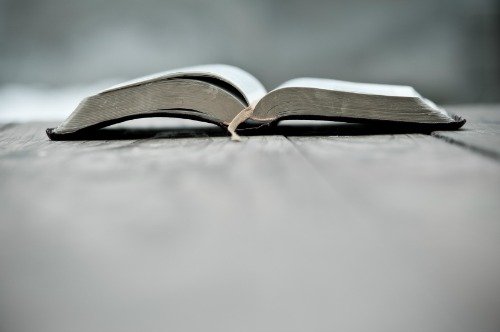|
Bahai Ethics
Bahai Ethics Do others have the right to define what’s ethical for me? JACK MCLEAN is a Baha’i scholar, teacher, essayist and poet published in the fields of spirituality, Baha’i theology and poetry. All religions operate on the basis of the voluntary acceptance of the prescribed moral/ethical “codes.” In religion, ethical and legal tend to be quite closely tied. These moral codes are based on a variety of factors.
In most cases, the code will be based on any prescriptive laws embedded in scripture or subsequent legal or moral interpretations that are viewed as being consistent with these laws by those who are viewed as religious leaders. But this does not mean that all religionists agree on the interpretation. Most religions remain divided over doctrinal and/or ethical questions, i.e. how strictly the law or moral code should be applied. The question is further complicated by the fact that some followers pick and choose those laws or ethical positions that they feel in conscience obliged to follow, while leaving others unobserved.
When we are children or adolescents, it is assumed that parents and teachers have the right to prescribe what is ethical or moral. Bahá’u’lláh (1817-1892), the Prophet-Founder of the Bahá’í Faith, revealed that schools should teach children the principles of religion but without “ignorant fanaticism and bigotry: “Schools must first train the children in the principles of religion, so that the Promise and the Threat recorded in the Books of God may prevent them from the things forbidden and adorn them with the mantle of the commandments; but this in such a measure that it may not injure the children by resulting in ignorant fanaticism and bigotry” (Tablets, p. 67). Upon reaching maturity, observance becomes voluntary. Bahá’u’lláh’s voluminous sacred writings and their authorized interpretations by his appointed successors, ‘Abdu’l-Bahá (1844-1921) and Shoghi Effendi (1897-1957), cover a wide variety of true-to-life ethical situations. These interpretations are based on literally thousands of questions from individual believers. The moral persuasiveness of these interpretations and the provisions of the Bahá’í covenant have ensured a doctrinal and moral unanimity in the Bahá’í community, which remains undivided in its 167 year history. Today the elected, nine-member Universal House of Justice (1963-), with its seat in Haifa, Israel will legislate on those evolving situations not fully covered in the scriptures and authorized interpretations of the Bahá’í Faith. Bahai Ethics Bahai Ethics
|





